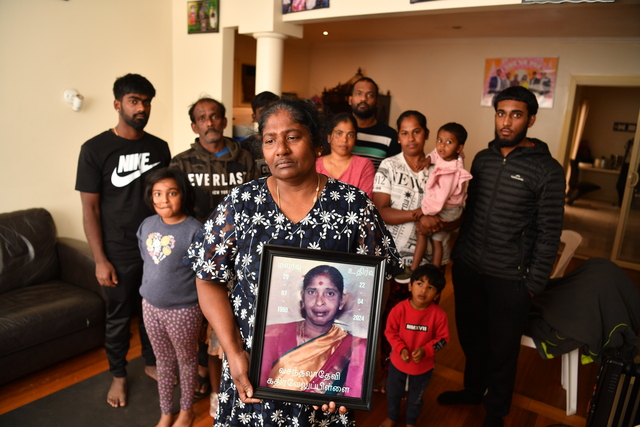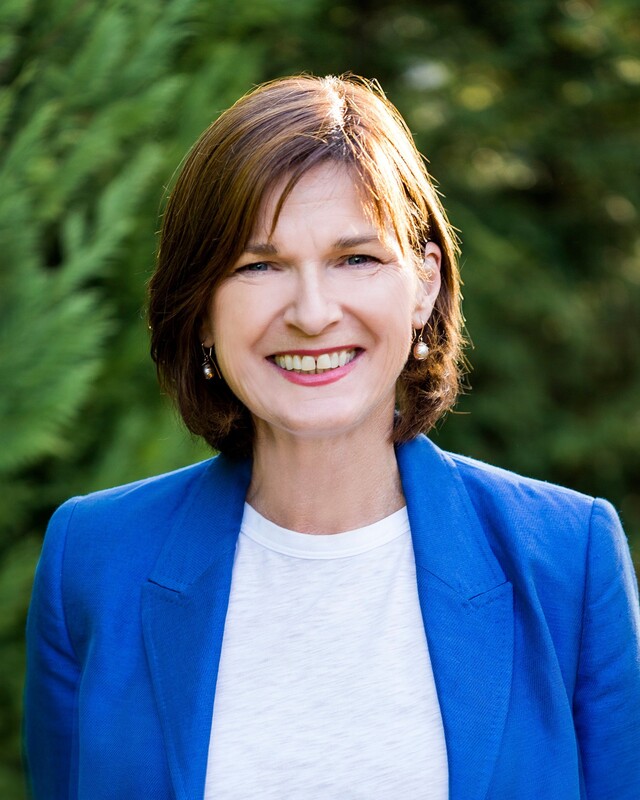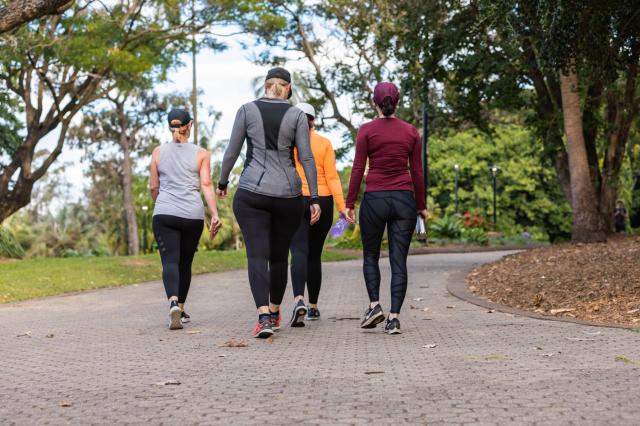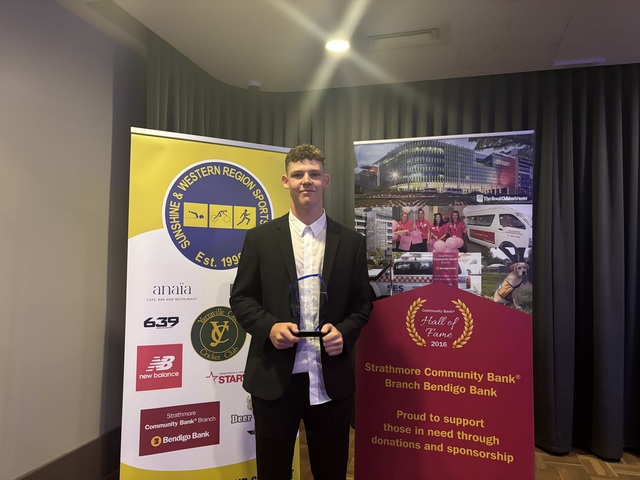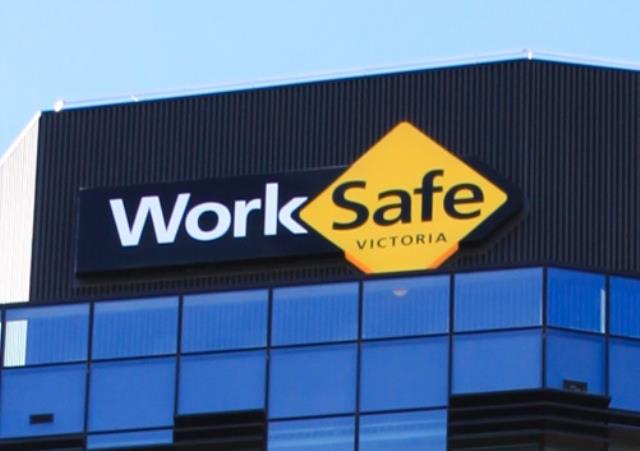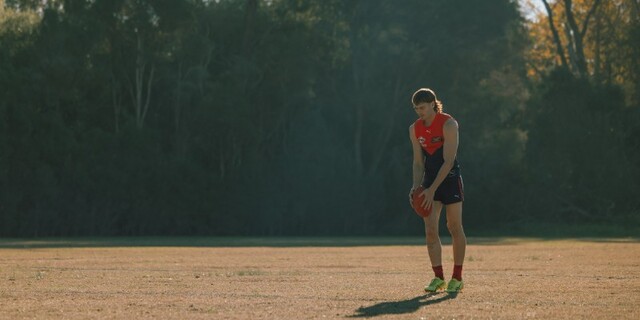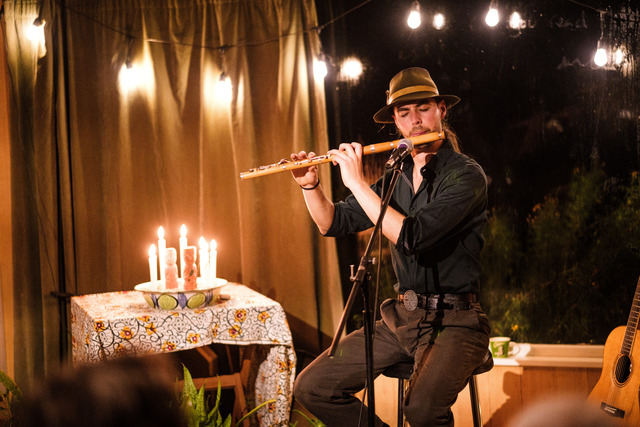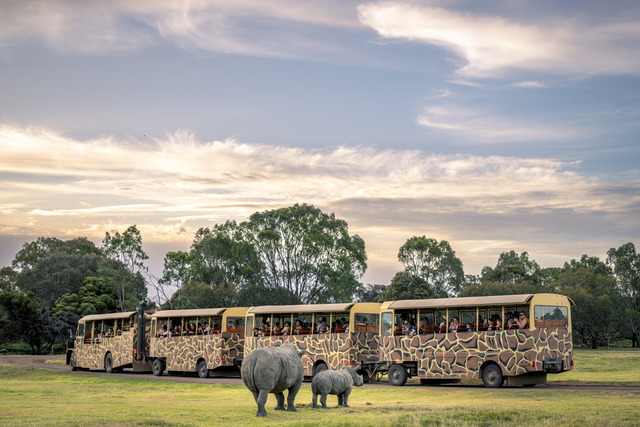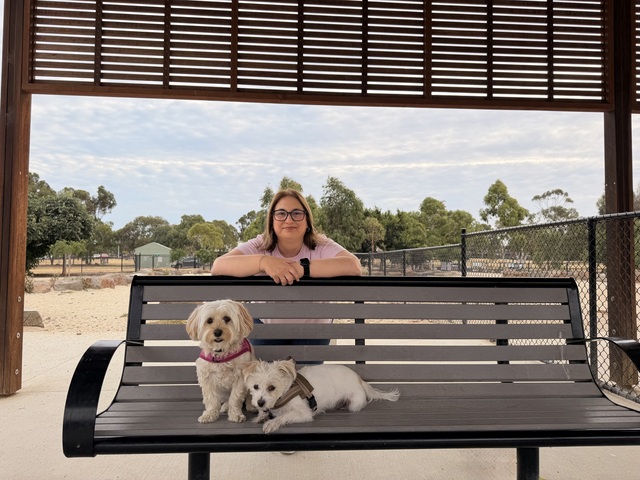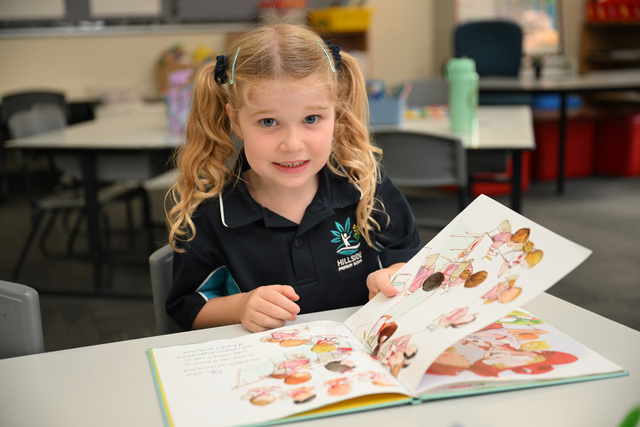Selvaranjini Manokaran’s home in St Albans is filled with visitors, but the house remains quiet.
The only noise you can hear is Selvaranjini calling out for her mum. All she is met with are sorrowful eyes and the warm hand of her husband as he consoles her.
Selvaranjini received the news that her mother died in Tamil Eelam on April 22. And while her first instinct is to book a flight there and say her final goodbye to her mother, Selvaranjini has no choice but to stay in Australia.
Selvaranjini has been in Australia since 2013, yet she is one of more than 10,000 refugees who have been denied a permanent visa. She and her family received a Bridging visa E (BVE) in 2019, that allows them to temporarily stay in Australia while they wait for an immigration decision to be made.
One of the many conditions of the BVE includes that the visa holder cannot leave the country. If they leave Australia, their visa will end immediately.
Now, after 11 years of being separated from her mother, Selvaranjini is grappling with the reality that she will never see her mother again.
A wooden picture frame with a photo of Selvaranjini’s mother sits in the living room of her St Albans home. Above it, the television is streaming a video call from a relative in Tamil Eelam as he shows Selvaranjini her mother’s body. It is the closest she can get to saying goodbye. As she takes in the image of her mother’s resting body, she calls out for her once again. But all she hears are the echoes of her own cries as they reverberate around the room.
Selvaranjini’s son, Thishoban sits on a plastic chair across from his mum. He attempts to translate for her but as she struggles to speak, he instead steps in and speaks on her behalf.
Thishoban says his family came to Australia as refugees, hopeful that a better life awaited them.
“My parents told me they left due to war and troubles living back home. Even when we were at home [Tamil Eelam] we were living in a refugee camp, so we had no country to call home,” he said.
In 2023, Selvaranjini joined 21 other refugee women who walked from Melbourne to Canberra in a fight for security.
The refugee women set out from the Immigration Minister Andrew Giles’ office and trekked 640 kilometres calling for permanent protection visas for 10,000 ‘victims’ of the fast-track assessment process.
These refugees and asylum seekers were left out of the February, 2023, announcement from the federal government that allowed for 19,000 refugees who arrived over a similar period to apply for permanent residency.
At the time, Mr Giles said it made “no sense“ to keep people who were working and paying taxes in limbo.
This year, the federal government moved to abolish the “fast-track“ process created by the former coalition government, with effect from July 1, 2024. But Thishoban says his family and many others under that system are still yet to receive a decision on their claims.
Thishoban says the story of his mother being unable to leave the country and say goodbye to a loved one is an experience shared by many other refugees.
“My dad lost both his parents in about a year difference after coming to Australia,” he said.
“It feels like it’s a repeat of the same cycle … we still have no results, just trauma and pain.”
Selvaranjini is one of eight children, and the only member of her family living in Australia. She has lost four of her siblings and now both her parents.
Thishoban says once again his family, and thousands of other refugees, are calling on the federal government to provide them with a permanent stay in Australia.
“Thankfully [with] our visa we can work, which is what pays our bills and puts food on our plates,” he said.
“The only thing we want is a permanent residency. I came here when I was seven-years-old so I don’t see any other home other than Australia. I’ve lived all my life here, I grew up here, my childhood, my teenage years, everything.
“Every day we’re living with fear, we don’t know what tomorrow is going to be like.”
Mr Giles was contacted for comment.

